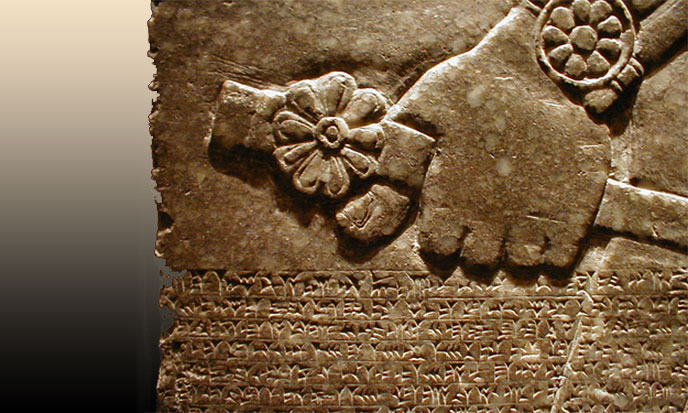Repeating the word "myth" doesnt make it so.
As I posted, Jesus, who was the God of the OT, verified the Flood's authenticity.
If I'm to choose between Jesus' own words and those of a 21st century "scholar", guess who I'm going to believe?
IIRC, JHWH is the Gawd of the OT and Jesus is the one for the New Testament, NT. However, reportedly the NT is written long after Jesus' death and may not be exactly verbatim ~ rather the recollections of his apostles.
"myth" is the term used by many secular scholars whom decline to take the earliest writings as verbatim from those earliest sources.
As my links show, "the flood" or deluge "myth" is one common to many earliest cultures around the global, and many of these accounts("myths") have common features, details, themes. Others might be referring to more localized events, or aspects of a global series of events.
The OT account in Genesis may have come from the earlier one's of the Sumerians~Babylonians.
BTW, I recall reading a while back that the cities of Sumer were supposedly built on sites of earlier cities buried in the results of the Flood/Deluge. Also an account of an early king of Sumer boasting about how well educated he was since he could read the writings of those from before the flood happened.


